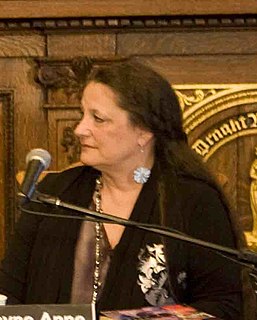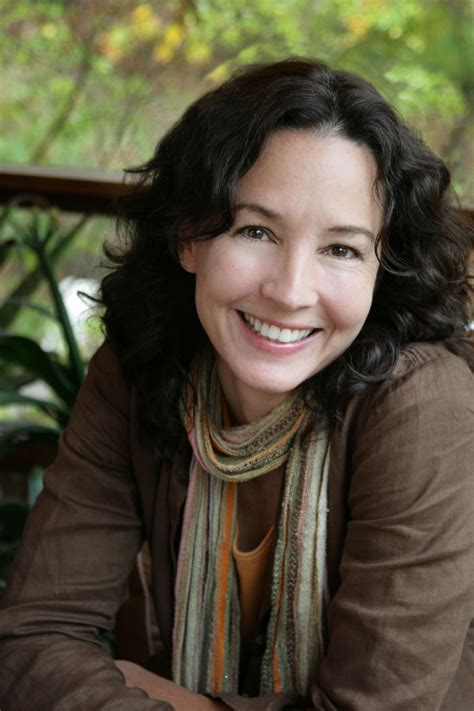A Quote by Neil Gaiman
Television and cinema were all very well, but these stories happened to other people. The stories I found in books happened inside my head. I was, in some way, there. It's the magic of fiction: you take the words and you build them into worlds.
Related Quotes
If all stories are fiction, fiction can be true -- not in detail or fact, but in some transformed version of feeling. If there is a memory of paradise, paradise can exist, in some other place or country dimensionally reminiscent of our own. The sad stories live there too, but in that country, we know what they mean and why they happened. We make our way back from them, finding the way through a bountiful wilderness we begin to understand. Years are nothing: Story conquers all distance.
All we are, all we can be, are the stories we tell," he says, and he is talking as if he is talking only to me. "Long after we are gone, our words will be all that is left, and who is to say what really happened or even what reality is? Our stories, our fiction, our words will be as close to truth as can be. And no one can take that away from you.
I have found that the person with a sense of story built in from childhood is in better shape than one who has not had stories . . One knows what stories can do, how they can make up worlds and transpose existence into these worlds. . . .One learns that worlds are made by words and not only by hammers and wires.
What writers of fantasy, science fiction, and much historical fiction do for a living is different from what writers of so-called literary or other kinds of fiction do. The name of the game in F/SF/HF is creating fictional worlds and then telling particular stories set in those worlds. If you're doing it right, then the reader, coming to the end of the story, will say, "Hey, wait a minute, there are so many other stories that could be told in this universe!" And that's how we get the sprawling, coherent fictional universes that fandom is all about.
There were a couple times when we started working out the stories - and I was doing this with Jim Vallely and our friend Dean Lorey, who was on the show originally - and we were working on a movie. There would be some fan fiction things that would scoop us. It happened a couple times, where I thought, "Well, we can't do that!"
I want to see children curled up with books, finding an awareness of themselves as they discover other people's thoughts. I want them to make the connection that books are people's stories, that writing is talking on paper, and I want them to write their own stories. I'd like my books to provide that connection for them.


































